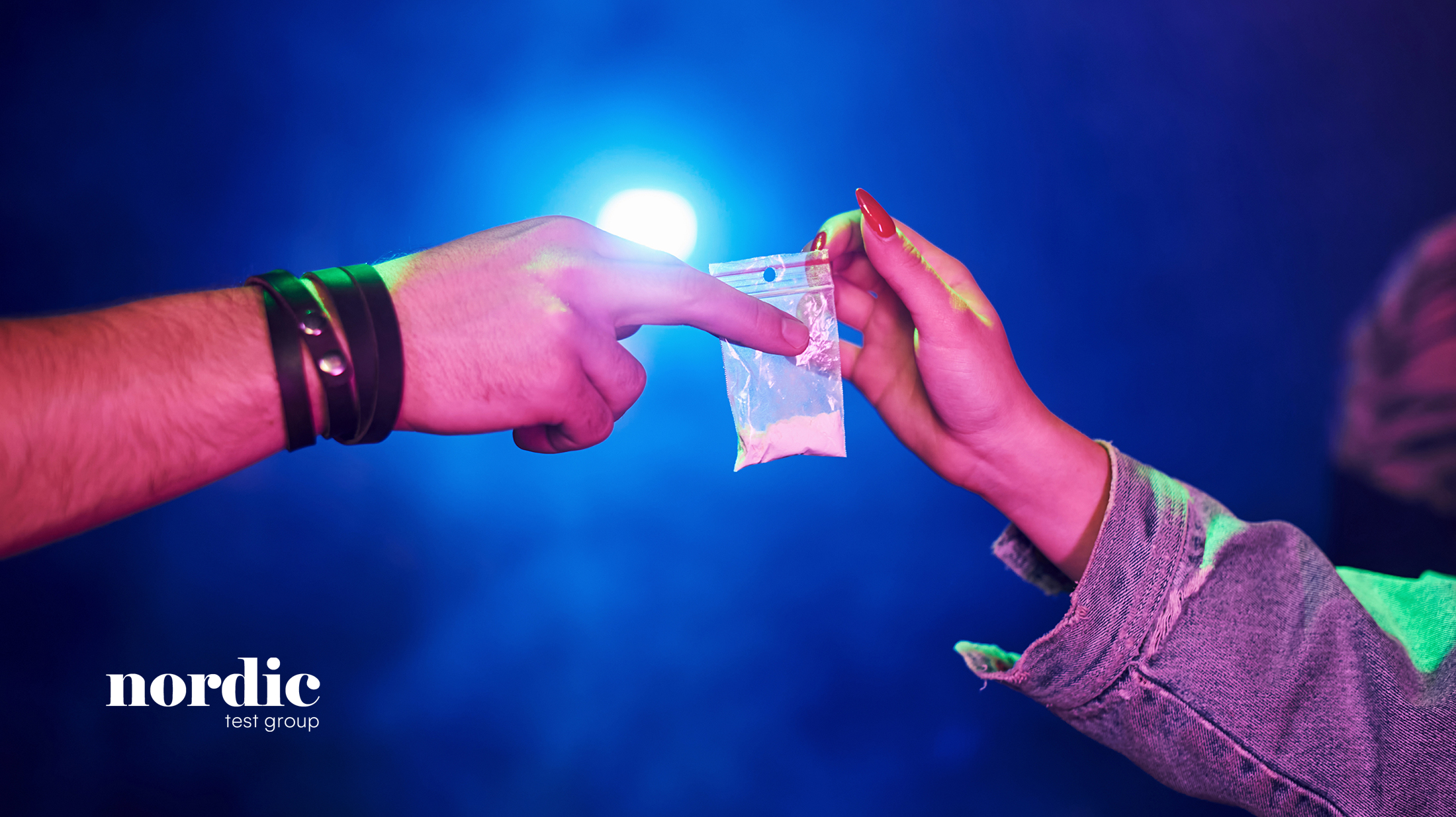Tips for those who want to drug test young people at home
Published 2024-02-19 03:51 by Nordictest
When a teenager behaves in a way that raises suspicions of drug use, it signifies a deeply concerning situation for parents. It may feel challenging to directly ask about it, and moreover, as a parent, you might suspect that the answer you receive isn't truthful.
In this scenario, home drug tests can be immensely helpful. However, it's essential to emphasize that the idea isn't to rely solely on the test but to foster good communication. Home tests can be very useful in confirming or dispelling suspicions of drug abuse. Still, they should absolutely not be used in a tactless manner.
Let's take a look at how you as a parent can navigate through this rather complicated situation. There are several things to consider long before you order a cocaine drug test or a cannabis THC drug test!
Why Do You See the Need for a Drug Test?
First and foremost, it's crucial to identify what you perceive as signs of drug use. Is it a change in behavior in the teenager or perhaps physical signs? Or maybe you've received information from someone claiming that your child is using drugs?
Understanding what concerns you is important so that you can approach the situation in an informed manner. Perhaps you should seek help from a therapist with expertise in substance abuse before taking the next step towards a home test.

Signs of Drug Abuse
It may also be wise to familiarize yourself with typical behaviors and physical signs that could indicate the use of specific drugs like cannabis and cocaine. However, remember that behaviors and physical signs are not synonymous with evidence of drug use.
| Drug | Typical Behaviors and Physical Signs |
| Cannabis | Red eyes, Dilated pupils, Slow reaction time, Increased appetite, Fits of laughter |
| Cocaine | Increased energy and alertness, Excessive talking, Overconfidence, Decreased appetite, Dilated pupils, Restlessness, Stuffy or runny nose |
This is just a basic overview, and you should be aware that different individuals may react differently to drugs. Much depends on factors such as dosage, the person's health condition, and whether they have been exposed to the drug before. It's also important to remember that several of these signs could actually indicate something else entirely.
It could involve a medical condition or a life situation. When you suspect your child is using drugs, you must approach this with care and always consider seeking professional help before suggesting a home drug test.
Communication is Key to Moving Forward
It's crucial that, as a parent, you work on communication between you and your child. An open dialogue can make it much easier to confront a teenager who appears to be using drugs. Perhaps there doesn't even need to be a drug test; instead, you choose to openly discuss the matter, and you'll find out exactly what substances are involved.
When a young adult is confronted with accusations, it can lead to a defensive stance and conflict. If, instead, you approach this topic with empathy and express your concern for the teenager's well-being clearly, the response may be different.
You might start with a conversation about drugs and the risks associated with them. After such a conversation, it might be somewhat easier to broach the subject of a test. If you can enlist the help of an outsider who can act as the one demanding the test (such as the other parent, a coach, or teacher), you can ally with your child. This can make it much easier to get the test done without promising to share the actual result with the one demanding it.

Choose the Right Type of Test
There are various types of drug tests available that can detect the use of substances like cocaine, amphetamines, opioids, and marijuana. Naturally, you should use a test that aligns well with the concerns and suspicions you have.
To ensure accuracy, you'll need to do some research and better understand what might be at play. There's no point in taking a test designed for a drug the teenager isn't taking. Even if there are signs and behaviors indicating the use of this drug, it becomes somewhat pointless.
When It's Time to Take the Test
When you and your teenager have agreed to carry out a home drug test, it's important to do this correctly. Carefully read through the test instructions and ensure everything is prepared before you begin. Perhaps you should also discuss a bit about what will happen next regardless of the result. Or you might choose to forego this to see whether the result is positive or negative first.
With the Result in Hand
What do you do when you have either a positive or negative test result for drugs? It's good to think about this now!
Positive Result
If it turns out that your suspicions were correct, it's important not to react with anger. Use this as an opportunity to discuss what steps should be taken now. Your teenager might have been waiting for this test as an opening to talk about the issue and seek your help. Show your support and make it clear that the teenager's health and safety are the focus.
Negative Result
If the test is negative, it may still be a good opportunity to discuss drug use and its consequences. Also, work on building trust between you and your child.
When You Need Further Assistance
Regardless of what the test shows, it may be wise to seek professional help. There are doctors and therapists specialized in providing support for families where there are suspicions or confirmation of a teenager using drugs.
